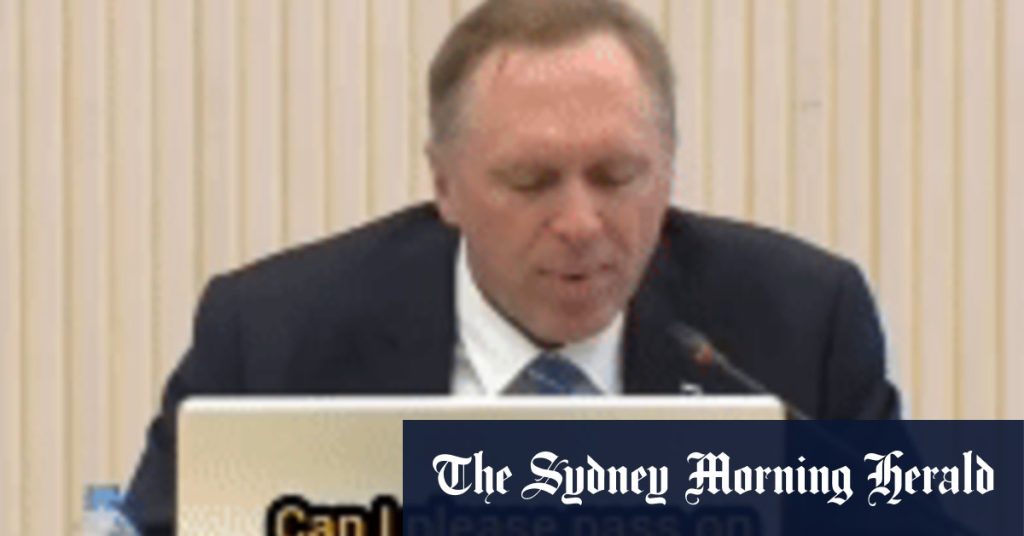Councillor Ken McRae from the town of Port Hedland in Western Australia was questioned about his recent trip to Russia, where he had been invited to observe the recent presidential election. He was asked whether he had only seen what the Russian authorities wanted him to see, to which he vehemently denied. McRae expressed his frustration at the suggestion that he and other observers were being manipulated by the electoral process, stating that it was insulting not only to him but also to the Russian people who participated in the election.
McRae mentioned that he received his invitation to observe the Russian election after meeting the Russian Ambassador at a dinner event in Sydney. This raised concerns among local officials, with Premier Roger Cook labeling McRae’s Russian broadcast as bizarre commentary. He stated that this was not the behavior expected of local government authority councillors and hoped that McRae would be counseled by the Town of Port Hedland regarding his conduct. The town’s chief executive, Carl Askew, clarified that McRae had traveled to Russia in a personal capacity, and the Town does not comment on the personal activities of elected members.
Despite the backlash from local officials, McRae defended his trip to Russia, emphasizing that he went as an independent observer and was not influenced by the Russian authorities. He also mentioned that his involvement in the election observation mission was not a reflection of his political affiliations, as he had unsuccessfully contested the last federal election as a candidate for The Great Australian Party, founded by former WA senator Rod Culleton, in the seat of Durack. It is unclear how McRae’s participation in the Russian election observation mission would impact his political career in Australia.
The controversy surrounding McRae’s trip to Russia highlights the delicate nature of international election observation missions and the scrutiny faced by those who participate in them. While such missions play a crucial role in promoting transparency and accountability in electoral processes, observers must ensure that they maintain independence and impartiality throughout their activities. McRae’s experience serves as a reminder of the challenges faced by election observers and the importance of upholding ethical standards in such endeavors. As the town of Port Hedland addresses the fallout from McRae’s trip, it underscores the need for elected officials to be mindful of their actions and how they may reflect on their community and constituents.
In the aftermath of McRae’s Russian election observation mission, there are calls for greater transparency and accountability in how elected officials engage in international activities. The incident has prompted discussions about the expectations placed on councillors and other local government authorities when participating in overseas events. It also serves as a cautionary tale about the potential consequences of such engagements, as seen in the backlash faced by McRae from local and state officials. Moving forward, there may be a greater focus on ensuring that elected representatives adhere to strict guidelines and codes of conduct when engaging in activities that could impact their public image and the trust placed in them by their constituents.


